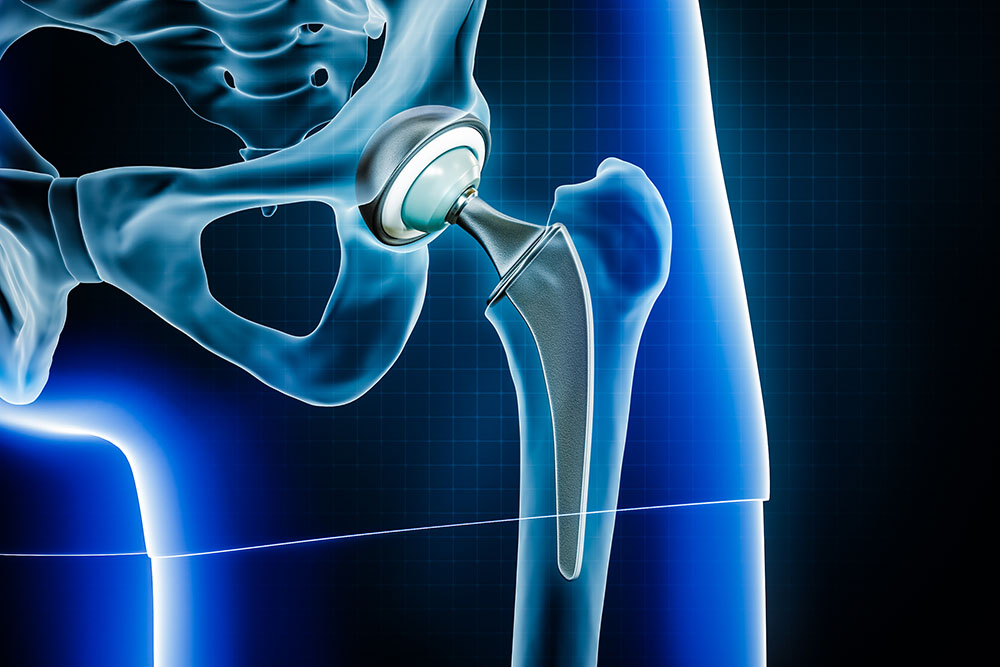
Having high blood sugar on the day you have hip replacement surgery could put you at greater risk of joint infections after the procedure, according to a new study by Keck Medicine of USC researchers.
Past research has shown that hyperglycemia, a common diabetes symptom, can increase someone’s likelihood of developing joint infections after total hip replacement, but few studies have investigated how preoperative blood sugar levels — especially levels on the day of surgery — can affect all patients.
“It is well-established that patients with diabetes that have elevated blood glucose levels have an increased risk of developing an infection after total joint replacement,” says Jay Lieberman, MD, chair of USC Orthopaedic Surgery, and the study’s senior author. “Our data suggests that all patients are at increased risk for infection if they have elevated blood glucose levels prior to their total joint replacement.”
Dr. Lieberman and co-author Nathanael Heckmann, MD, an orthopaedic surgeon with Keck Medicine, reviewed more than 900,000 cases of diabetic and nondiabetic patients who experienced joint infections within 90 days after surgery.
For diabetics, a preoperative blood sugar reading at or above 277 mg/dL carried 1.5-times greater risk of infection. For nondiabetics, the threshold was found to be 193 mg/dL.
These results, published in The Journal of Bone and Joint Surgery, suggest that surgeons can measure blood sugar prior to surgery to determine infection risk. These patients can be treated with insulin to return their blood sugar to a normal level.
Topics


